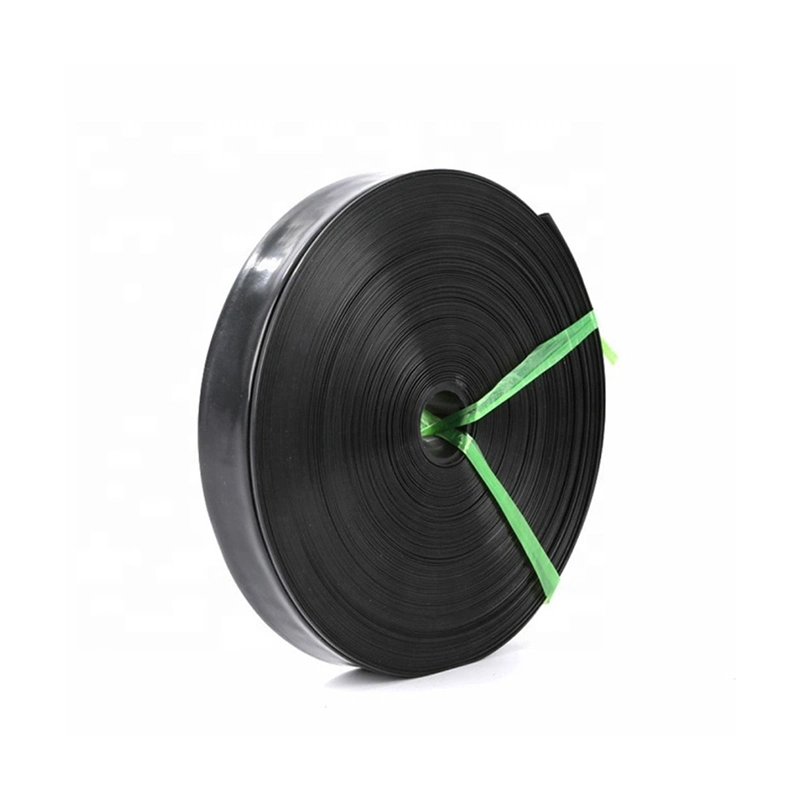How does a drip irrigation system conserve water compared to traditional irrigation methods?
A drip irrigation system conserves water compared to traditional irrigation methods through several key mechanisms:
- Efficient Water Delivery: Drip irrigation delivers water directly to the root zone of plants through a network of tubing and emitters placed near the base of each plant. This targeted delivery ensures that water reaches the plants’ roots more efficiently, minimizing losses due to evaporation, runoff, or overspray.
- Reduced Evaporation: Unlike traditional sprinkler systems, which spray water into the air, drip irrigation delivers water directly to the soil surface. By bypassing the air, drip irrigation reduces water loss due to evaporation, especially in hot and dry climates.
- Minimized Runoff: The slow and steady application of water in drip irrigation systems allows the soil to absorb moisture gradually, minimizing runoff. This is particularly beneficial on sloped or uneven terrain where runoff can occur with traditional surface irrigation methods.
- Lower Weed Growth: Drip irrigation delivers water only to the plant root zone, rather than wetting the entire soil surface. This targeted watering reduces moisture levels in the areas between plants, discouraging weed growth and minimizing competition for water.
- Optimized Plant Uptake: By maintaining consistent soil moisture levels near the root zone, drip irrigation promotes optimal water uptake by plants. drip irrigation system This helps prevent overwatering or underwatering, ensuring that plants receive the right amount of water for healthy growth while minimizing waste.
- Flexibility and Precision: Drip irrigation systems can be easily customized to match the specific water needs of different plants, soil types, and growing conditions. This precision allows for more efficient water use and reduces the risk of overwatering or underwatering compared to traditional irrigation methods.
- Reclaimed Water and Fertilizer Efficiency: Drip irrigation systems can be integrated with reclaimed water sources or fertigation systems, where nutrients are delivered along with the water directly to the plant roots. This enhances fertilizer efficiency and reduces nutrient leaching, further conserving water and minimizing environmental impact.
Overall, the efficient and targeted water delivery of drip irrigation systems significantly reduces water waste, making them a more sustainable and environmentally friendly option compared to traditional irrigation methods. Additionally, the water-saving benefits of drip irrigation can result in lower water bills and improved crop yields, making it a cost-effective choice for farmers, landscapers, and homeowners alike.
